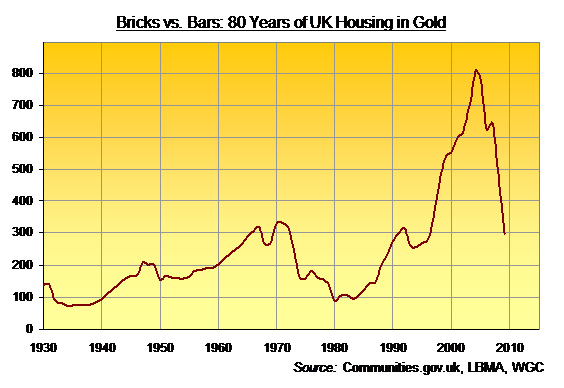- 30 Jan 2018 19:51
#14884251
http://www.bbc.co.uk/news/business-42872432
So yeah, just read 1 in 5 mortgages in the UK are interest free. I knew the situation was bad, but not 20% bad. Talk about toxic. The houses in question are in affluent areas. Which means the total sum at the end of these mortgages will be unaffordable to even the middle class. If people can't afford to repay these loans or their homes lose value below the borrowed amount due to the bubble bursting (which will happen) people are not going to be pay them off. What fucking morons thought these type of loans were a good idea? Talk about cheap profits. It is crazy to think that the blackhole created by banks prior to 2008 is not even half filled. So yeah, I'm going to predict that the final nail in the financial sector and it's ultimate destruction will be in 2030.
Am I being pessimistic?
So yeah, just read 1 in 5 mortgages in the UK are interest free. I knew the situation was bad, but not 20% bad. Talk about toxic. The houses in question are in affluent areas. Which means the total sum at the end of these mortgages will be unaffordable to even the middle class. If people can't afford to repay these loans or their homes lose value below the borrowed amount due to the bubble bursting (which will happen) people are not going to be pay them off. What fucking morons thought these type of loans were a good idea? Talk about cheap profits. It is crazy to think that the blackhole created by banks prior to 2008 is not even half filled. So yeah, I'm going to predict that the final nail in the financial sector and it's ultimate destruction will be in 2030.
Am I being pessimistic?





















 - By wat0n
- By wat0n